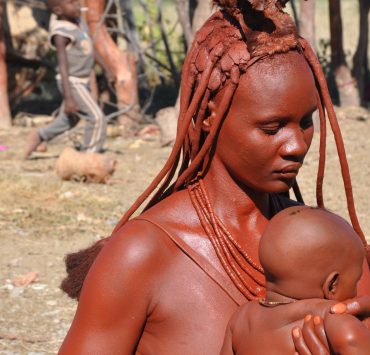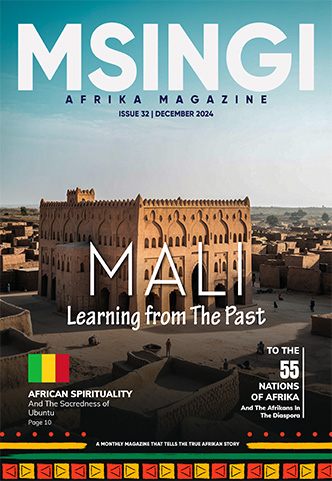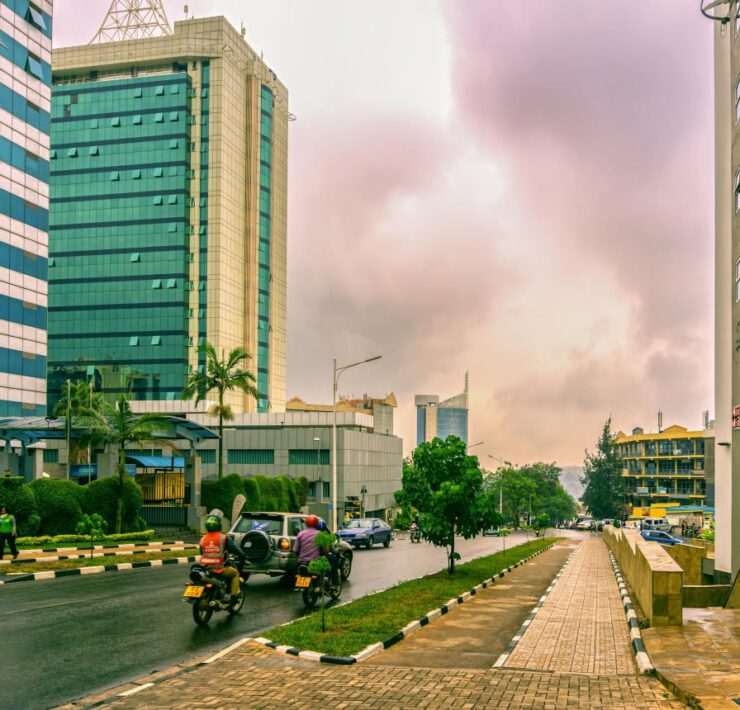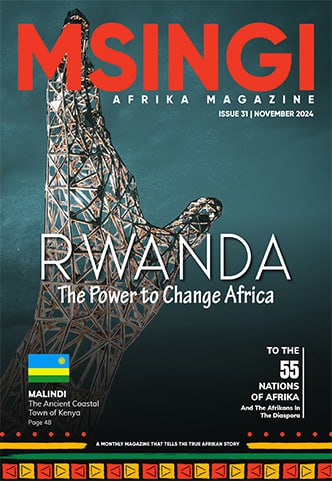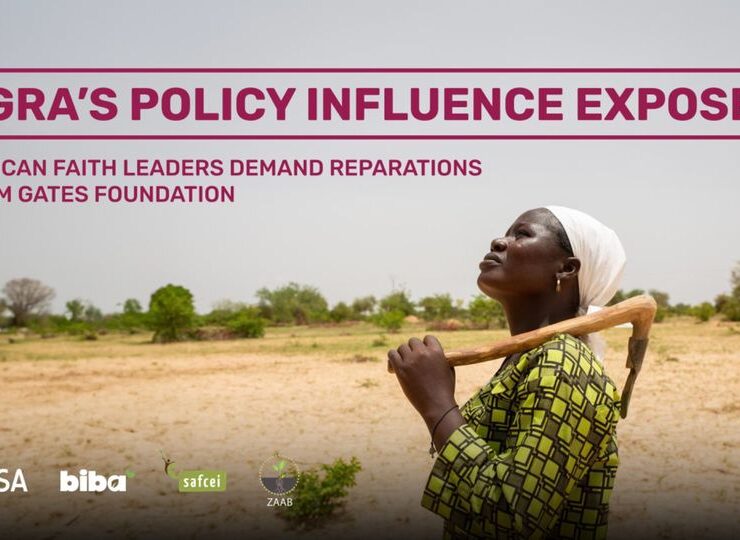WHAT WILL BE THE IMPACT OF

Natasha Fuyane is a writer and podcaster. Natasha provides social…
FOREIGN AID REDUCTION TO THE AFRICAN CONTINENT?
Article originally published in The Southern African Times:
https://thesouthernafricantimes.com
LONDON, (The Southern African Times) – The world as we know it is changing at a rapid pace. Ideologies are shifting, governments around the world are contending with fierce dissension and great unknown unknowns. In the midst of pandemic headlines, one underreported area of change is the reduction of foreign aid budgets to the African Continent. What will be the impact of foreign aid reduction to the African continent?
Foreign aid
Foreign aid takes many forms. It can be in the form of money grants, food and supplies. It is the voluntary transfer of resources from one country to another. Foreign aid has been a lifeline to some regions in the African continent, for example, as per the Oakland Institute, the aid Ethiopia receives from the US, UK and the World Bank represents approximately 50% to 60% of its national budget.
In July 2021, the UK government announced that it was slashing its foreign aid budget by approximately £4 billion a year. It reported that it is cutting its foreign aid budget from 0.7% of its national income to 0.5% of its national income. The United Nations has a target for nations to spend approximately at least 0.7% of their national incomes. In 2020, only a handful of western nations were meeting and exceeding that target. This included Germany at 0.73%, UK at 0.7%, Denmark at 0.73%. Norway and Sweden were high performers with their aid budgets at 1.11% and 1.14% of their national incomes respectively.
Notably, the United States’ foreign aid budget in 2020 was only 0.17% of its national income with France at 0.53% of its national income.
So, what will be the real impact of the reduction in foreign aid transfers by some countries? It is a complex picture and the real impacts of this will be realized over a few years – this poses more questions than answers. Although the picture is a rapidly evolving one, it is helpful to explore some of these questions. The below may be a helpful guide for policy makers in the continent, civil society organizations and social change movers.
Robust, competent governance
It goes without saying that for many nations across the continent, there is a gap in robust, competent leadership and governance structures. Robust, competent governance will impact the efficient allocation of resources. Elected governments have the mandate to ensure that public goods are delivered efficiently and equitably to their citizens. Public goods such as health and infrastructure, in an ideal environment, should be the sole responsibility of governments. Foreign aid means that public goods are in some instances managed through non-governmental organizations, which means that the government outsources its responsibilities.
Foreign aid in itself is not a source of economic growth. There is an opportunity for policy makers in the continent to renegotiate their relationships with western countries.
Trade is one area that remains an uneven playing field in the continent. More equitable trade deals would not only offset any effects of reduced foreign aid, but would establish lines for sustainable economic contributions to the country.
Foreign aid or equitable
reparations?
Is this really aid? There is an opportunity to reevaluate and redefine this transfer of resources from western countries to the continent. The history of colonialism has meant that resources and assets were pillaged from the continent to the benefit of western countries. The pillaging did not end when countries got their independence, in some instances it was systemic and it remains till this day.
Positioning this as aid instead of reparations (or similar) allows for western countries to opt out as and when.
Sustainable Development Goals
The reduction of aid funding may have a great impact on the achievement of the United Nations’ Sustainable Development Goals (SDGs). The SDGs are a set of life changing commitments which are meant to be achieved by 2030. One of the key SDGs is poverty reduction by 2030.
Although aid reduction from governments will impact the achievement of this, there is an opportunity for civil society organisations to continue broadening their revenue source by seeking funding from private organisations and high net worth philanthropists who are passionate and committed to achieving the UN’s SDGs.
Redefining the continent’s relationship with the rest of the world
The reduction in foreign aid is indicative of a shift by western countries to pivoting to focusing on domestic issues. This shift to a more nationalistic, domestic focus for most countries cuts across a number of areas and means that there’s an opportunity for the continent to reevaluate and redefine its relationship with the rest of the world.
Editor’s Note:
I see opportunity in foreign aid reduction for Afrika. Not opportunity to go and negotiate more favorable terms for your country – as though living on handouts is a favorable or dignified way to go. No.
I see opportunity for escape. Not by overtaxing Afrika’s population into poverty. No.
Opportunity for escape from a culture that has bedeviled the continent since independence, relegating her leaders to the role of beggars and her citizens to whatever label is placed on them by the so-called ‘benefactors’.
Opportunity for re-definition for Afrika by a whole new standard, at a whole new level and in a whole new dimension – as the continent that sees itself as worthy and capable of living life in a way that his honorable to God, and treats its people with dignity. Demonstrating belief in its people to be able to rise up above age-old stereotypes and to create the kind of reality that this continent needs more than ever. Of freedom!
What's Your Reaction?
Natasha Fuyane is a writer and podcaster. Natasha provides social & political commentary on African issues.









